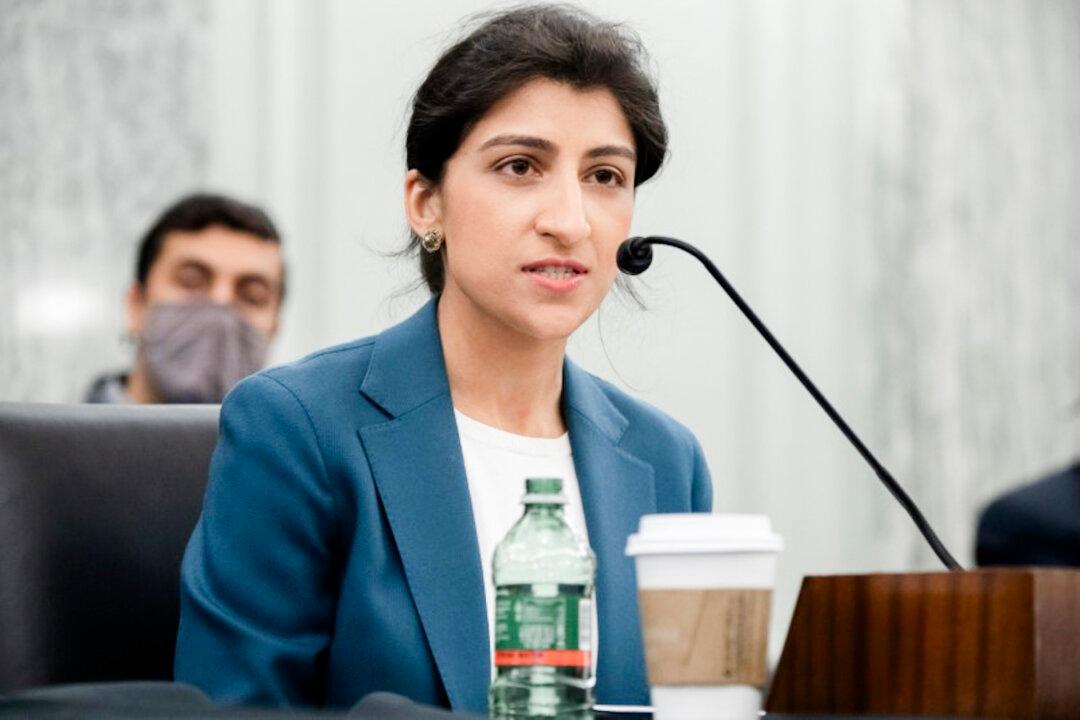Federal regulators have imposed a nationwide ban on the vast majority of non-compete agreements that prevent tens of millions of employees from working for competitors or starting a competing business after they leave their job, with the country’s biggest business lobby vowing to sue.
The Federal Trade Commission (FTC) voted 3–2 on April 23 to adopt a near-total ban on non-compete provisions, with the agency issuing a final rule that labels such agreements as an “unfair method of competition.”





